 ''I hope that this album will be a form of meditation and a spiritual awakening for those who listen with their inner ear.Om Shanti."
''I hope that this album will be a form of meditation and a spiritual awakening for those who listen with their inner ear.Om Shanti."Review
by Thom Jurek AMG
The CD reissue of Alice Coltrane's landmark Journey to Satchidananda reveals just how far the pianist and widow of John Coltrane had come in the three years after his death. The compositions here are wildly open and droning figures built on whole tones and minor modes. And while it's true that one can definitely hear her late husband's influence on this music, she wouldn't have had it any other way. Pharoah Sanders' playing on the title cut, "Shiva-Loka," and "Isis and Osiris" (which also features the Vishnu Wood on oud and Charlie Haden on bass) is gloriously restrained and melodic. Coltrane's harp playing, too, is an element of tonal expansion as much as it is a modal and melodic device. With a tamboura player, Cecil McBee on bass, Rashied Ali on drums, and Majid Shabazz on bells and tambourine, tracks such as "Stopover Bombay" and the D minor modally drenched "Something About John Coltrane" become exercised in truly Eastern blues improvisation. Sanders plays soprano exclusively, and the interplay between it and Coltrane's piano and harp is mesmerizing. With the drone factor supplied either by the tamboura or the oud, the elongation of line and extended duration of intervallic exploration is wondrous. The depths to which these blues are played reveal their roots in African antiquity more fully than any jazz or blues music on record, a tenet that exists today over 30 years after the fact. One last note, the "Isis and Osiris" track, which was recorded live at the Village Gate, features some of the most intense bass and drum interplay — as it exists between Haden and Ali — in the history of vanguard jazz. Truly, this is a remarkable album, and necessary for anyone interested in the development of modal and experimental jazz. It's also remarkably accessible.
The compositions here are wildly open and droning figures built on whole tones and minor modes. And while it's true that one can definitely hear her late husband's influence on this music, she wouldn't have had it any other way. Pharoah Sanders' playing on the title cut, "Shiva-Loka," and "Isis and Osiris" (which also features the Vishnu Wood on oud and Charlie Haden on bass) is gloriously restrained and melodic. Coltrane's harp playing, too, is an element of tonal expansion as much as it is a modal and melodic device. With a tamboura player, Cecil McBee on bass, Rashied Ali on drums, and Majid Shabazz on bells and tambourine, tracks such as "Stopover Bombay" and the D minor modally drenched "Something About John Coltrane" become exercised in truly Eastern blues improvisation. Sanders plays soprano exclusively, and the interplay between it and Coltrane's piano and harp is mesmerizing. With the drone factor supplied either by the tamboura or the oud, the elongation of line and extended duration of intervallic exploration is wondrous. The depths to which these blues are played reveal their roots in African antiquity more fully than any jazz or blues music on record, a tenet that exists today over 30 years after the fact. One last note, the "Isis and Osiris" track, which was recorded live at the Village Gate, features some of the most intense bass and drum interplay — as it exists between Haden and Ali — in the history of vanguard jazz. Truly, this is a remarkable album, and necessary for anyone interested in the development of modal and experimental jazz. It's also remarkably accessible.
by Thom Jurek AMG
The CD reissue of Alice Coltrane's landmark Journey to Satchidananda reveals just how far the pianist and widow of John Coltrane had come in the three years after his death.
 The compositions here are wildly open and droning figures built on whole tones and minor modes. And while it's true that one can definitely hear her late husband's influence on this music, she wouldn't have had it any other way. Pharoah Sanders' playing on the title cut, "Shiva-Loka," and "Isis and Osiris" (which also features the Vishnu Wood on oud and Charlie Haden on bass) is gloriously restrained and melodic. Coltrane's harp playing, too, is an element of tonal expansion as much as it is a modal and melodic device. With a tamboura player, Cecil McBee on bass, Rashied Ali on drums, and Majid Shabazz on bells and tambourine, tracks such as "Stopover Bombay" and the D minor modally drenched "Something About John Coltrane" become exercised in truly Eastern blues improvisation. Sanders plays soprano exclusively, and the interplay between it and Coltrane's piano and harp is mesmerizing. With the drone factor supplied either by the tamboura or the oud, the elongation of line and extended duration of intervallic exploration is wondrous. The depths to which these blues are played reveal their roots in African antiquity more fully than any jazz or blues music on record, a tenet that exists today over 30 years after the fact. One last note, the "Isis and Osiris" track, which was recorded live at the Village Gate, features some of the most intense bass and drum interplay — as it exists between Haden and Ali — in the history of vanguard jazz. Truly, this is a remarkable album, and necessary for anyone interested in the development of modal and experimental jazz. It's also remarkably accessible.
The compositions here are wildly open and droning figures built on whole tones and minor modes. And while it's true that one can definitely hear her late husband's influence on this music, she wouldn't have had it any other way. Pharoah Sanders' playing on the title cut, "Shiva-Loka," and "Isis and Osiris" (which also features the Vishnu Wood on oud and Charlie Haden on bass) is gloriously restrained and melodic. Coltrane's harp playing, too, is an element of tonal expansion as much as it is a modal and melodic device. With a tamboura player, Cecil McBee on bass, Rashied Ali on drums, and Majid Shabazz on bells and tambourine, tracks such as "Stopover Bombay" and the D minor modally drenched "Something About John Coltrane" become exercised in truly Eastern blues improvisation. Sanders plays soprano exclusively, and the interplay between it and Coltrane's piano and harp is mesmerizing. With the drone factor supplied either by the tamboura or the oud, the elongation of line and extended duration of intervallic exploration is wondrous. The depths to which these blues are played reveal their roots in African antiquity more fully than any jazz or blues music on record, a tenet that exists today over 30 years after the fact. One last note, the "Isis and Osiris" track, which was recorded live at the Village Gate, features some of the most intense bass and drum interplay — as it exists between Haden and Ali — in the history of vanguard jazz. Truly, this is a remarkable album, and necessary for anyone interested in the development of modal and experimental jazz. It's also remarkably accessible. Tulsi - tamboura
Vishnu Wood - oud on #5
Ed Michel Producer
Recorded live at The Village Gate, New York City on July 4, 1970
(1997 remastered Impulse! reissue)

Coltrane died on January 12, 2007, of respiratory failure at Los Angeles' West Hills Hospital and Medical Center.
 In Loving Memory of Alice Coltrane
In Loving Memory of Alice Coltrane
1 Journey in Satchidananda Coltrane 6:35
2 Shiva-Loka Coltrane 6:32
3 Stopover Bombay Coltrane 2:51
4 Something About John Coltrane Coltrane 9:39
5 Isis and Osiris Coltrane 11:29

^V^^V^^V^^V^^V^^V^^V^^V^^V^^V^
Alice Coltrane - Journey in Satchidananda w.Pharoah Sanders
"Direct inspiration for Journey in Satchidananda comes from my meeting and association with someone who is near and dear to me. I am speaking of my own beloved spiritual perceptor, Swami Satchidananda. Swamiji is the first example I have seen in recent years of Universal Love or God in action. He expresses an impersonal love, which encompasses thousands of people. Anyone listening to this selection should try to envision himself floating on an ocean of Satchidanandaji's love, which is literally carrying countless devotees across the vicissitudes and stormy blasts of life to the other shore. Satchidananda means knowledge, existence, bliss.Shiva is God, in one of his myriad forms, as the third person of the Hindu Trinity, in his aspect as dissolver of creation. Loka means realm or abode. I try to stretch my mind thoughts over to Shiva-Loka, one of the highest points of the universe.Bombay will be the first stop on my five-week stay in India beginning in December, 1970. I will be visiting New Delhi, Reshikesh, Madras, and the country of Ceylon. Hence the title Stopover Bombay.I know that there remains to this very day something inexplicable and undefinable about John Coltrane. Something About John Coltrane is set on a d-minor mode, and will not be unfamiliar to John's followers. It is played beautifully.Pharoah's playing on this album sounds transcendental, reflecting the ancient, sacred sound. I believe that his music is one of the strongest forces of its kind being heard in the world today. I feel that Cecil McBee's offering here is highly stimulating and selective in its entirety, and that his technical capabilities have reached the point that allow his music to transcend the limitations of standardized forms of bass playing.Two uncommon instruments can be heard on this album. Tulsi's tamboura, a four-stringed Indian drone instrument, is played with as high a degree of sensivity as any I have heard from any instrumentalist native to the East. The oud, played by Vishnu, is basically a North African instrument, played all along the Mediterranean, and can be heard in music from places as diverse as Morocco, Persia, Turkey, and Egypt.On Isis and Osiris, I appreciate the contribution of Charlie Haden, the bassist who has been associated with Ornette Coleman for so many years. Vishnu's oud playing is characterized by his sympathetic understanding of the music of North Africa. Rashied Ali here, as he does throughout the album, provides a continuous stream of pure sound energy. I would also like to compliment Majid on the characteristic coloristic flavors he adds to these performances.I hope that this album will be a form of meditation and a spiritual awakening for those who listen with their inner ear.Om Shanti."
Alice Coltrane, 1970.
Alice Coltrane, 1970.
Coltrane died on January 12, 2007, of respiratory failure at Los Angeles' West Hills Hospital and Medical Center.
 In Loving Memory of Alice Coltrane
In Loving Memory of Alice Coltrane


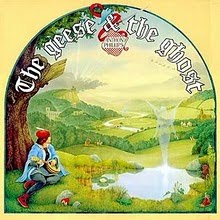



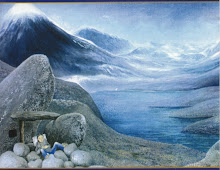

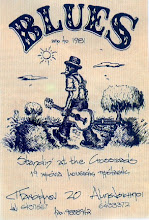

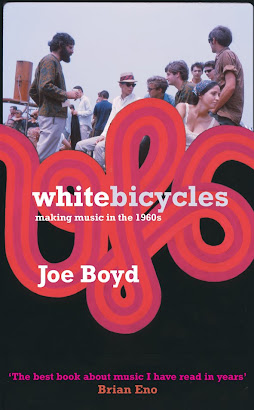
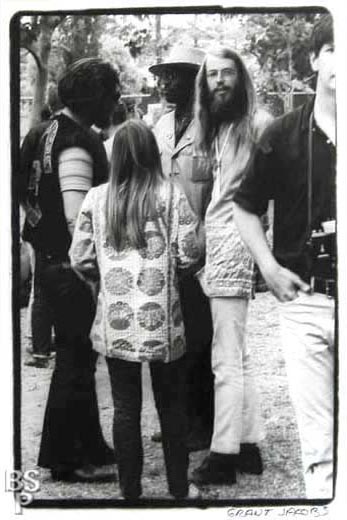

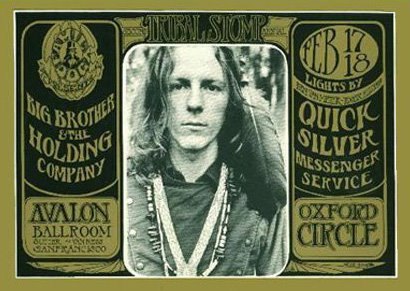
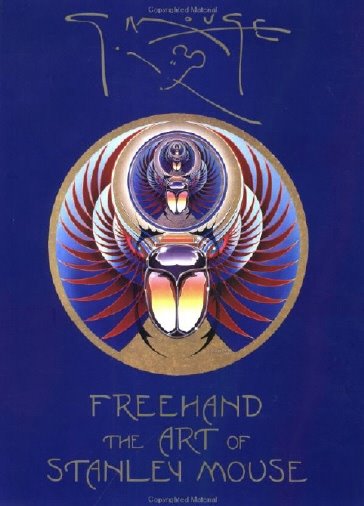.jpg)

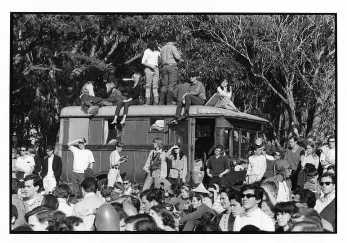




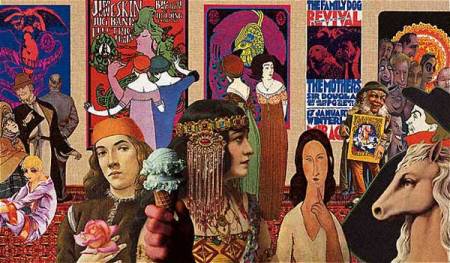.jpg)
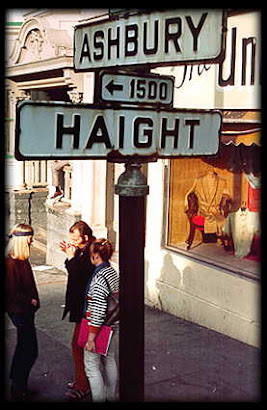
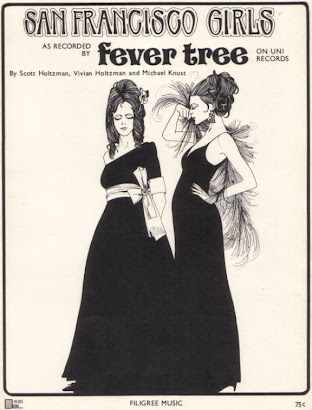
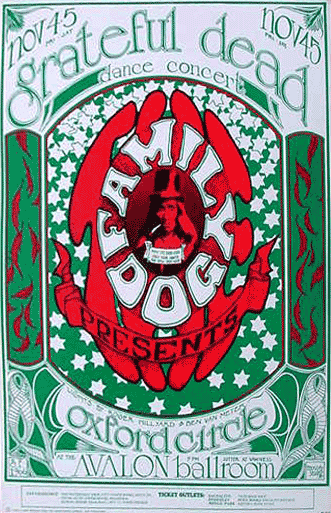
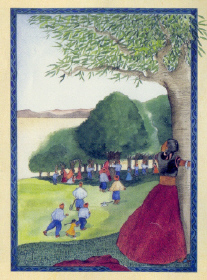
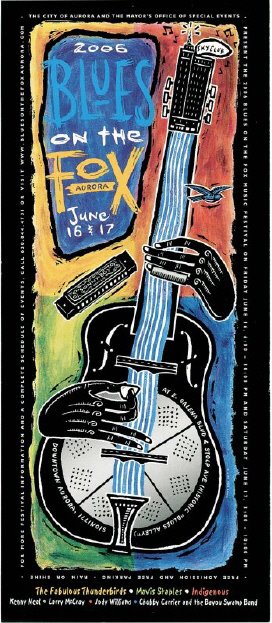




















%20@320.jpg)






































































+-+cover.png)














.jpg)




































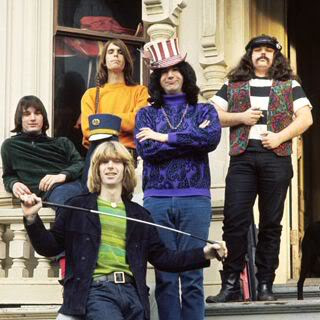






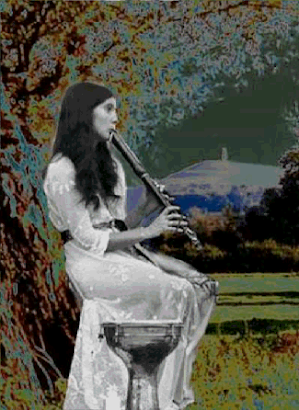













































.jpg)








0 σχόλια:
Δημοσίευση σχολίου